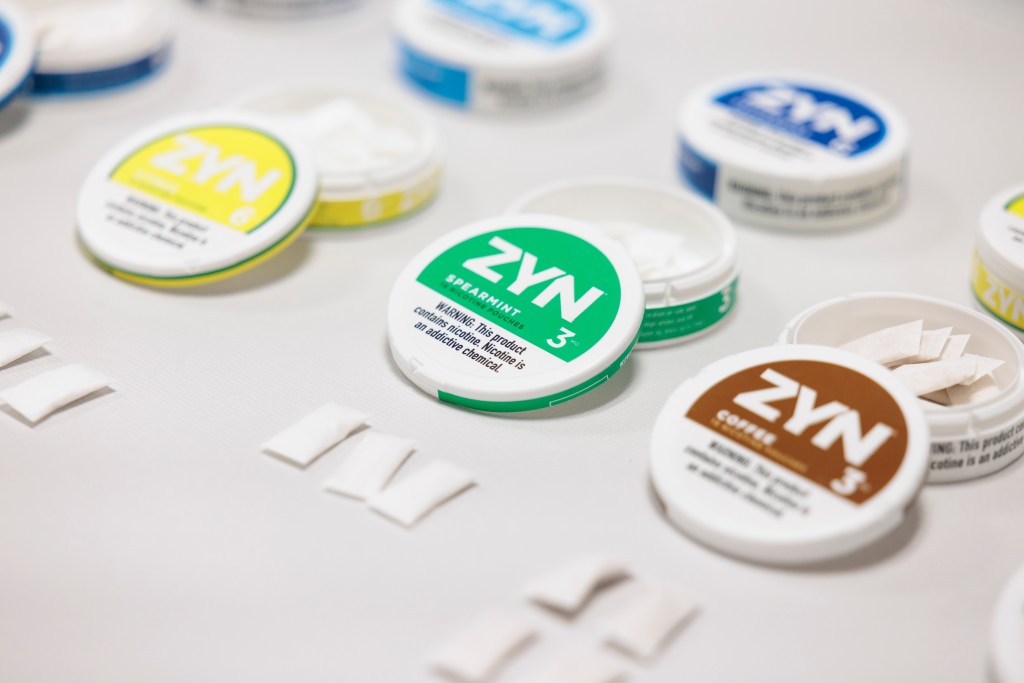Philip Morris International recently announced that it is opening a manufacturing facility in Aurora to produce its Swedish Match ZYN nicotine pouches. The company is reported to receive $7.1 million in tax rebates from the City of Aurora, $4.5 million in state tax credits, and another $4.3 million in county tax credits.
Because of well-documented scientific research and data — spanning more than 75 years — we know the harmful effects tobacco and tobacco-related products have on a person’s health. Tobacco use is associated with 17 different types of cancer in addition to lung cancer. Products such as nicotine pouches are concerning because they are addictive and can lead to higher nicotine uptake. These products are especially appealing to young people — setting them up for a lifetime of addiction and poor health.
Despite the known detrimental health effects, jobs and tax revenue are common reasons cited for inviting these facilities into our communities and providing them with economic incentives. Many are unaware of the detrimental impact these health effects have on jobs and household income.
Let’s consider what happens when an employed person is diagnosed with cancer, which is strongly associated with tobacco use. It may surprise you to learn that, despite debilitating treatments, most employed people who are diagnosed with cancer continue to work. Many do so because they are afraid of losing the income and health insurance associated with their jobs, something that is ever more important now that they have a disease that can cost more than $100,000 a year to treat.
Oral cancer (or cancer of the mouth) treatment often includes surgery, chemotherapy, radiation, and reconstructive surgery, making work continuation a challenge. People who must face a trade-off between work and taking care of themselves are hard-working — often in good, high-paying jobs — and cannot afford to stop working because of the financial implications.
The thought of working while getting chemotherapy is hard for many of us to grasp. Research data show that not everyone can continue working, even with the threat of losing health insurance. Treatment side effects, jobs that require physical labor, low-paying jobs, and employers who do not provide accommodations, are all associated with job loss.
My colleagues and I estimated that the annual productivity loss from cancer cost the United States nearly $148 billion in 2020. Furthermore, cancer is the leading cause of medical bankruptcy, and the economic toll does not end with treatment or even with the end of life. Our research shows that six years after a cancer diagnosis, a person diagnosed with cancer remains financially worse off than someone without cancer and will make important sacrifices as a result.
The full effects of newer products, such as oral nicotine pouches, are not yet well-documented, but we know addictive products and their use can extend well beyond a single individual, impacting family members, caregivers, and the economy. It is crucial to recognize that economic development should not come at the expense of families’ economic security, health, or wellness.
Public health can complement efforts to bolster economic development. The two sectors can work in partnership to ensure that all levels of government make sound, thoughtful decisions that may have significant, long-term impacts on the physical and economic health of our families.
Will revenues from this project, already reduced by tax incentives, offset the costs of medical leave or even a job loss? Are the tax and job benefits enough to counter the downstream financial implications on Colorado families? Likely not.
Colorado ranks among the healthiest states in the country, and we must implement strategies that enhance the state’s health and well-being now and for future generations. A healthy state is a more economically prosperous Colorado.
Cathy J. Bradley, Ph.D., is an economist, professor, and dean of the Colorado School of Public Health. She also serves as the deputy director of the University of Colorado Cancer Center. The opinions expressed here are hers and do not reflect an official position on behalf of the University of Colorado, the Colorado School of Public Health, or the CU Cancer Center.
Sign up for Sound Off to get a weekly roundup of our columns, editorials and more.
To send a letter to the editor about this article, submit online or check out our guidelines for how to submit by email or mail.
